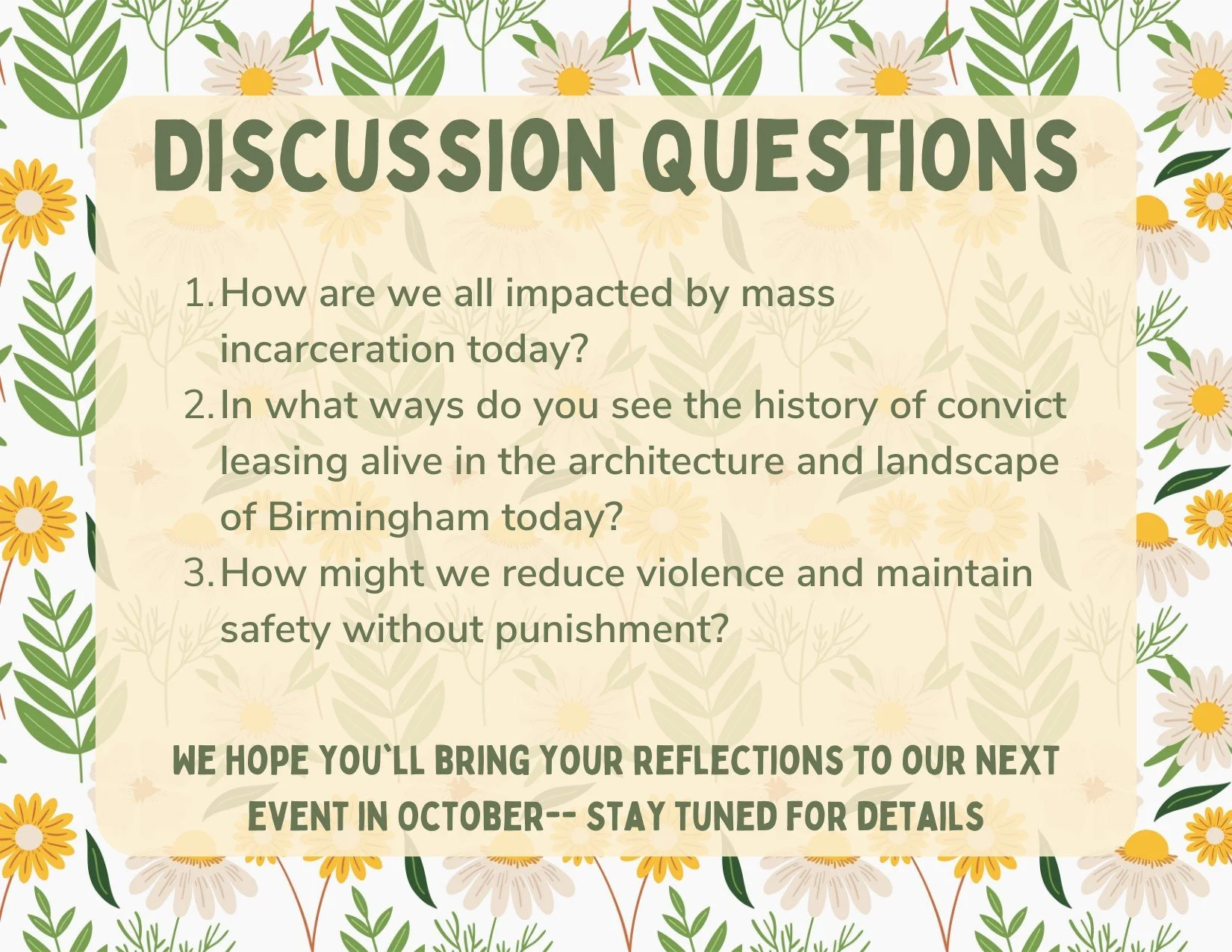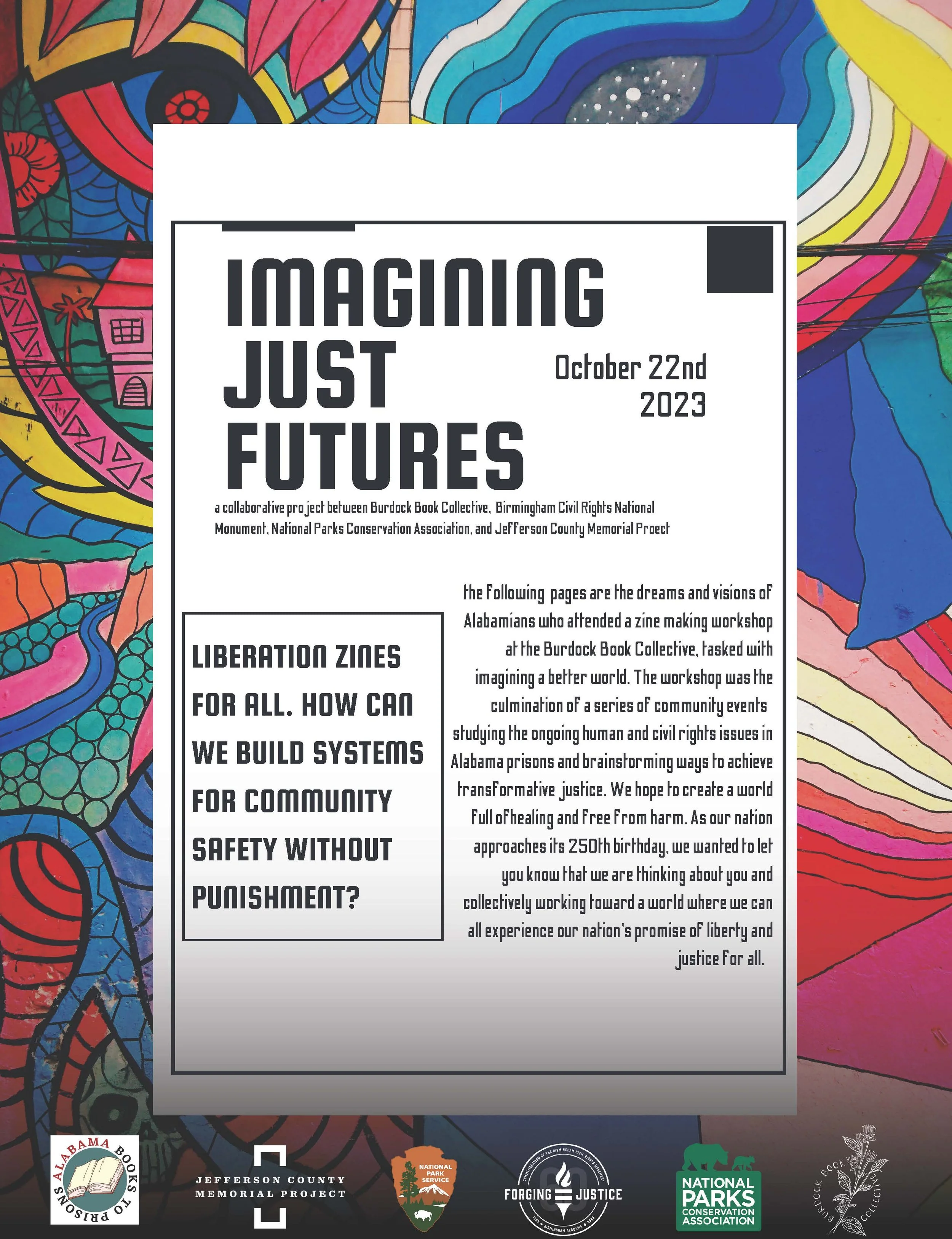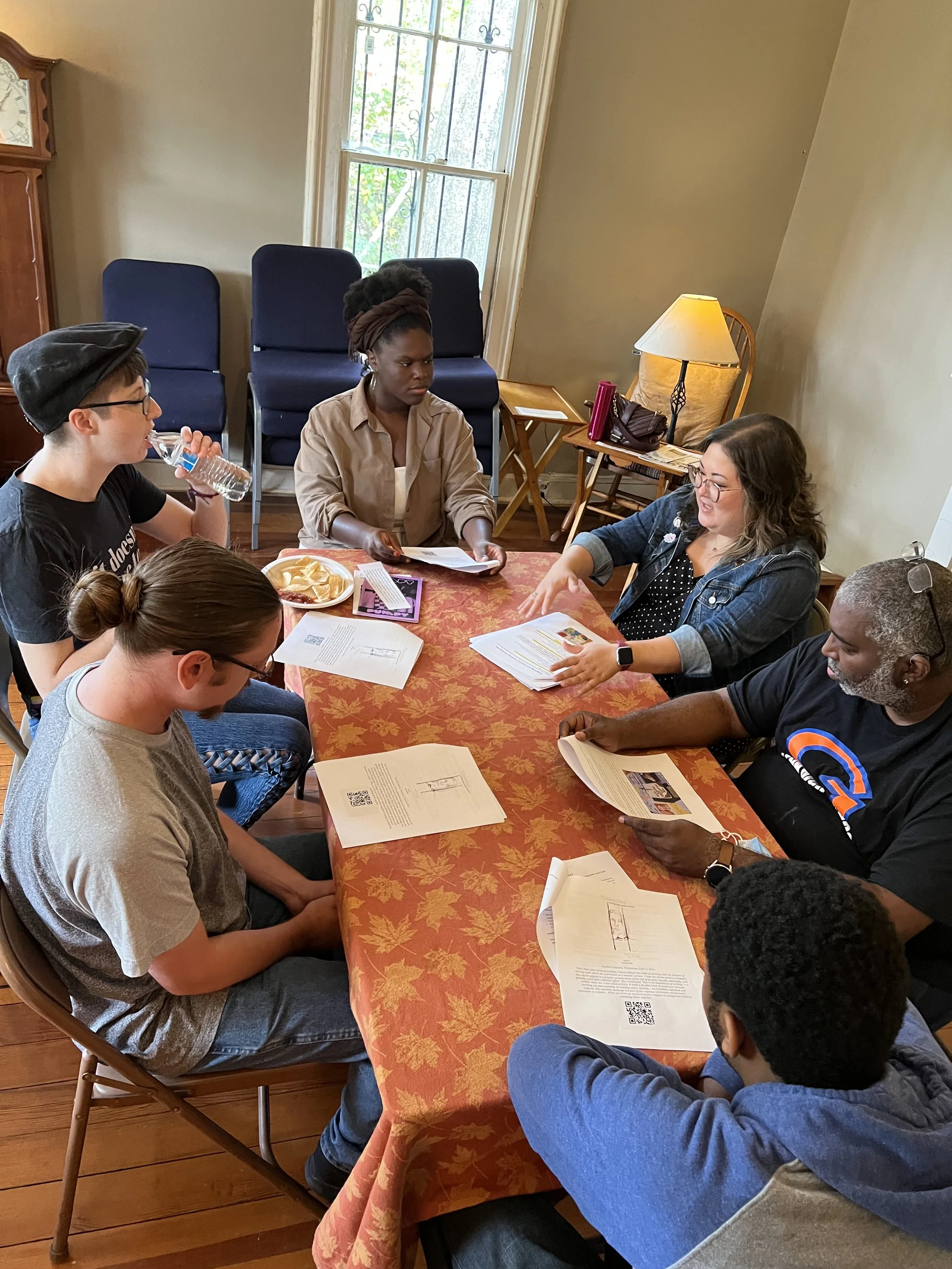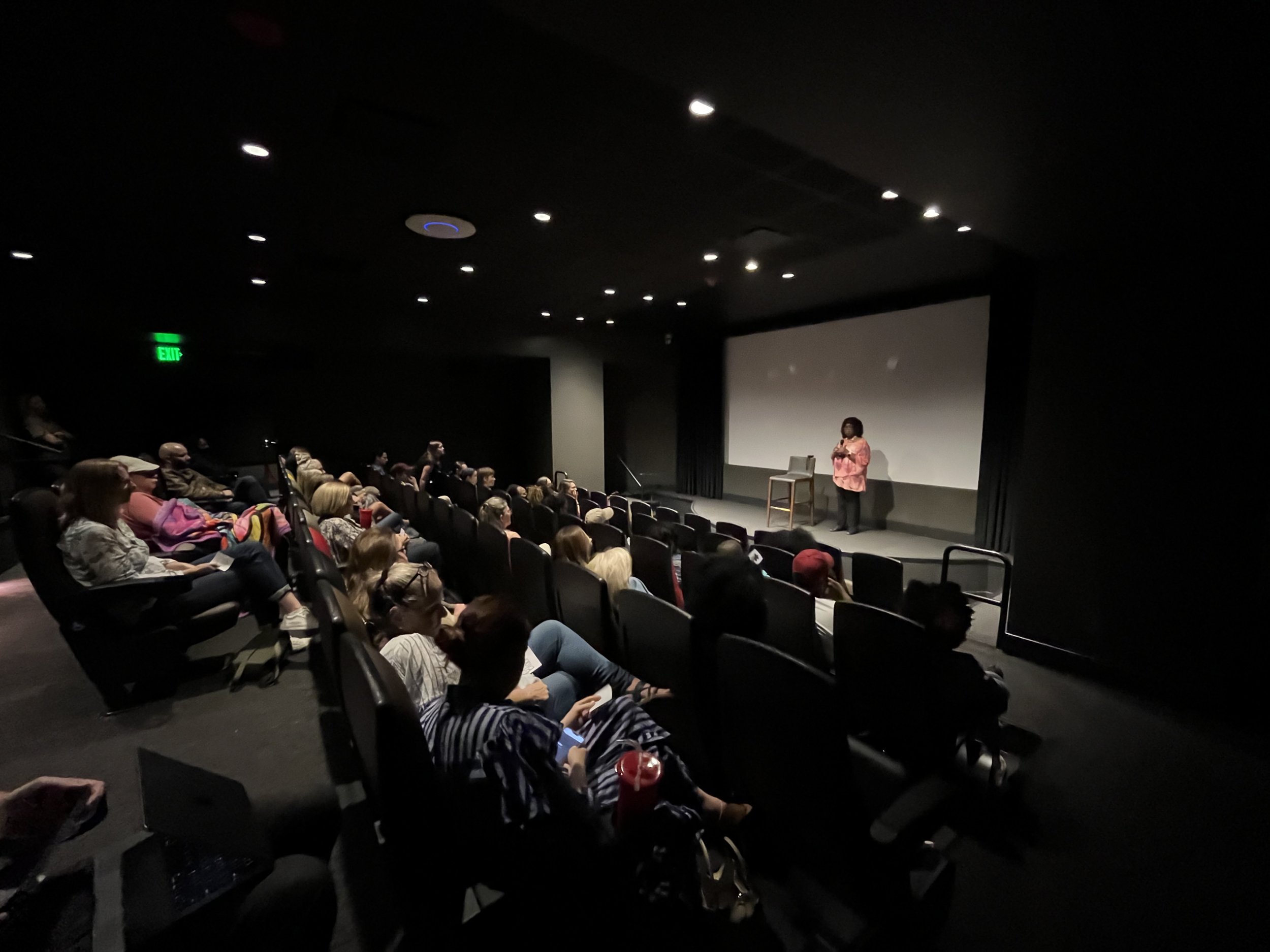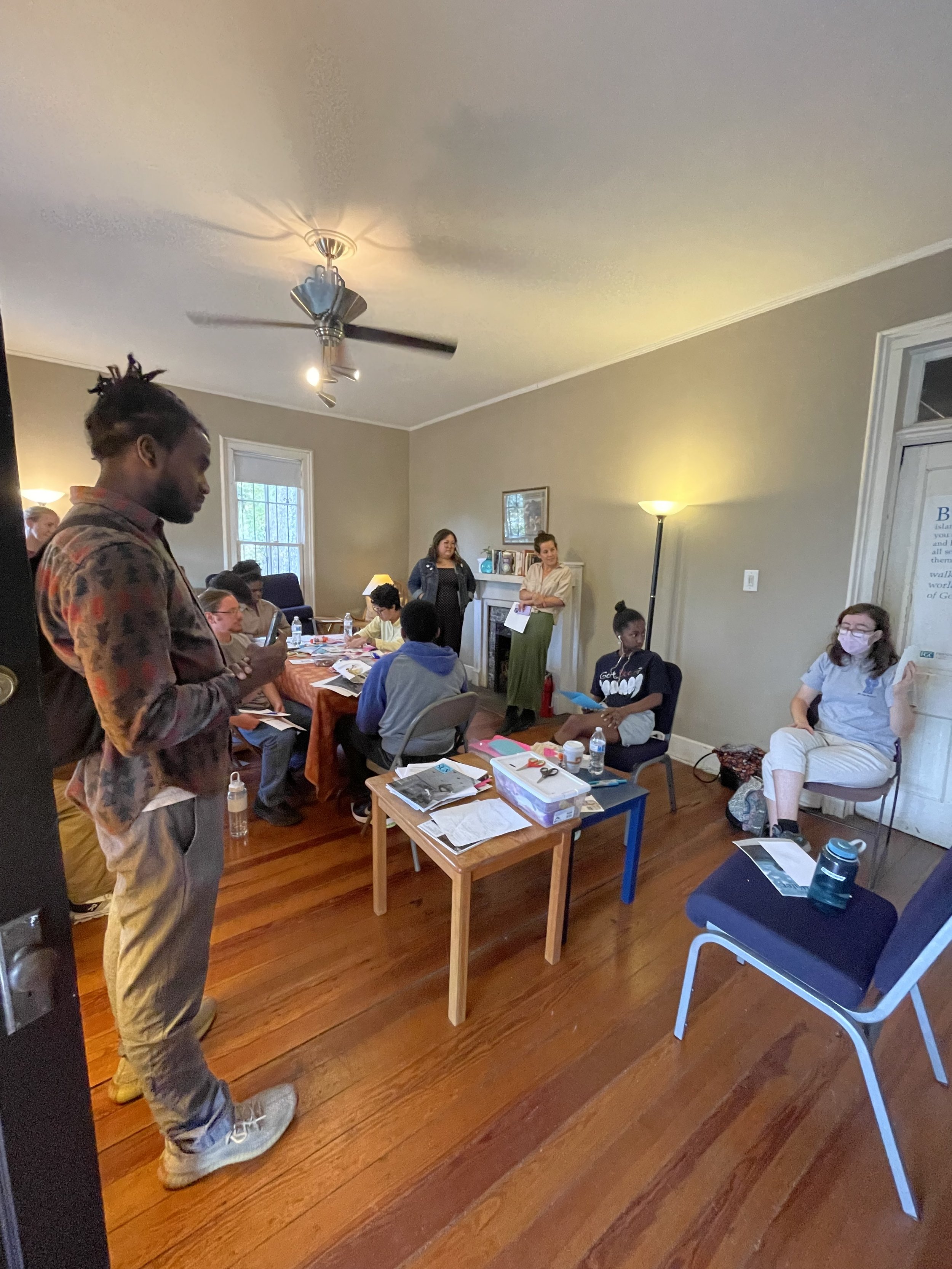Locked Up and Locked Out:
The History of Mass Incarceration in Alabama and Imagining Transformative Justice
Brought to you by: National Parks Conservation Association, Burdock Book Collective, Birmingham Civil Rights Monument, Jefferson County Memorial Project, & Historic Bethel Baptist Church
The Alabama prison system has a long history of well-documented civil and human rights abuses, from convict leasing in the late 19th century and early 20th century, to the current US Department of Justice lawsuit against the Alabama Department of Corrections for unsafe, unsanitary conditions and unprecedented violence. As part of a larger effort to examine the concepts of civil and human rights through a broader lens, this project takes a deep look at the history of incarceration and exploitative labor practices in Alabama prisons and their continued impacts on the lives of people on all sides of the wall today. Over the course of three events, we brought people together to analyze the harms the prison-industrial complex has caused, discuss ways to reduce and repair those harms, all while asking, “what does it mean to be free?”
First Event: Slavery by Another Name a Film Screening at Sidewalk Theater
In collaboration with the Birmingham Civil Rights National Monument, and the National Parks Conservation Association, we hosted a screening of “Slavery by Another Name” and a discussion led by Dr. Martha Bouyer of Historic Bethel Baptist Church.
We wanted to begin this event series by examining the legacy of incarceration and convict leasing in Alabama. We hoped to expose the roots of the modern prison system and many of its ills, provoke deep thought and discussion about the impacts of the prison system on our society, and lay the foundation for the rest of our project series.
Second Event: Poetry As Resistance
In this second gathering at Sloss Furnace, a historic and relevant landmark for our city, we brought attention to how history lives in our present world. We looked at the impacts of the prison system today by listening to and reflecting on poetry written by those currently incarcerated in Alabama. Local poets guided participants through a poetry response exercise. The poems we collectively generated was sent back to those behind bars with the intention of starting new pen pal-ships.
Third Event: Imagine Just Futures Zine Workshop
In the last event, we turned our attention to imagining alternatives for dealing with violence and harmful behaviors without punishment. Led by two local artists, Carey Fountain and Joan Inman, we discussed the history and power of zines to spread information and used this medium to facilitate dialogue around the possibilities for a future in which people are afforded the opportunity to change and no one is deemed disposable.

